
Who’s who of mainland financiers in Hong Kong as Mandarin becomes the common tongue for Central’s investment bankers
- Mainlanders take up about 60 per cent of all investment banking jobs in Hong Kong, up 10 percentage points from 2015, and their share may widen to between 65 per cent and 70 per cent over the next four years
- Chinese banks have increased their share of Hong Kong’s deals, making up seven of last year’s top 10 IPO bookrunners
Hong Kong’s banks and stockbrokers are hiring more financiers from mainland China to use their Mandarin-speaking skills to pitch for initial public offers (IPOs) and other deals, as the city’s stock benchmark hovers at a 20-month high amid record inflow of capital from China.
Mainlanders take up about 60 per cent of all investment banking jobs in Hong Kong, up 10 percentage points from 2015, and their share may widen to between 65 per cent and 70 per cent over the next four years, said John Mullally, regional director at the executive search firm Robert Walters, citing data and conversations with clients.
“Investment banks actually care less about where candidates come from than their demand for native Mandarin speakers familiar with the [corporate] culture in mainland China,” said Jerry Chang, managing director at the recruiting firm Barons & Co.
Here are 10 of the most influential financiers in Hong Kong who hail from the mainland, based on Refinitiv’s 2020 ranking of equity capital market (ECM) deals:
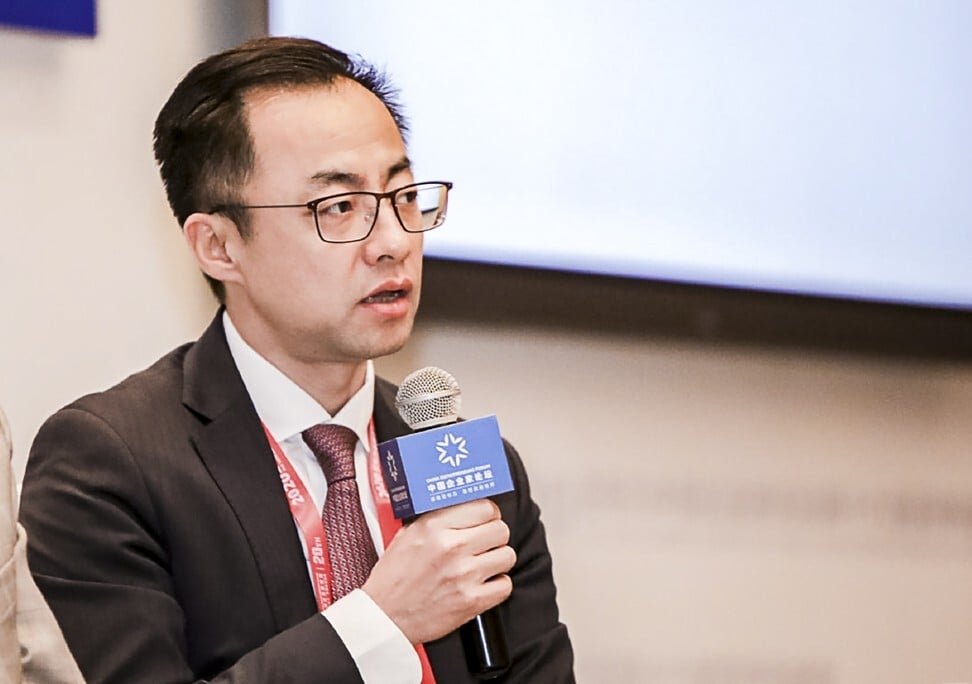
Wang Sheng, China International Capital Corporation (CICC)
“Hong Kong’s stock market has become the preferred IPO venue by unicorns,” Wang said during a conference in November in Sanya. His 2019 salary was 17 million yuan (US$2.6 million), according to CICC’s filing. Wang and CICC declined to comment.
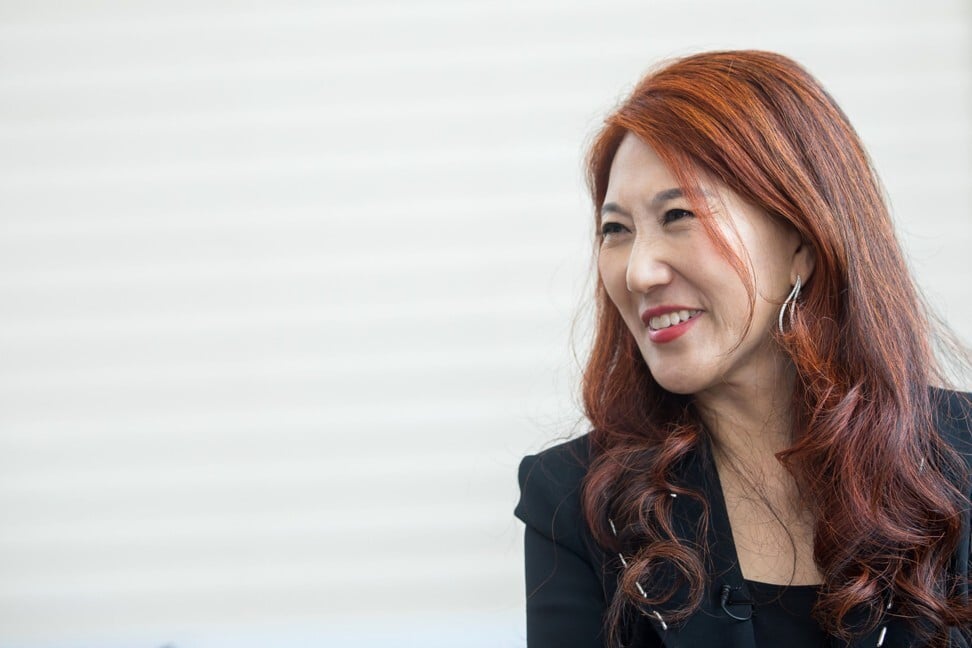
Wei Sun-Christianson, Morgan Stanley
She joined Morgan Stanley in 1998 and advised on landmark IPOs for China Life, Sinopec, and Semiconductor Manufacturing International Corporation (SMIC). After brief stints at Credit Suisse and Citigroup from 2002 to 2006, she returned to Morgan Stanley in 2006 where she rose to become one of the highest-ranking women bankers in Asia. She is a director on the board of Estee Lauder.
Yang Fan, UBS
At China Merchants Securities International since 2013 before joining UBS, Yang helped transform the retail brokerage into a full-service investment bank. The bank, the overseas unit of China Merchants Securities was among the top five in IPO underwriting by value from 2016 to 2018. The bank rose to second place after helping Yum China to arrange for its US$2 billion stock sale, as well as a US$1.6 billion secondary listing by data centre provider GDS Holdings.
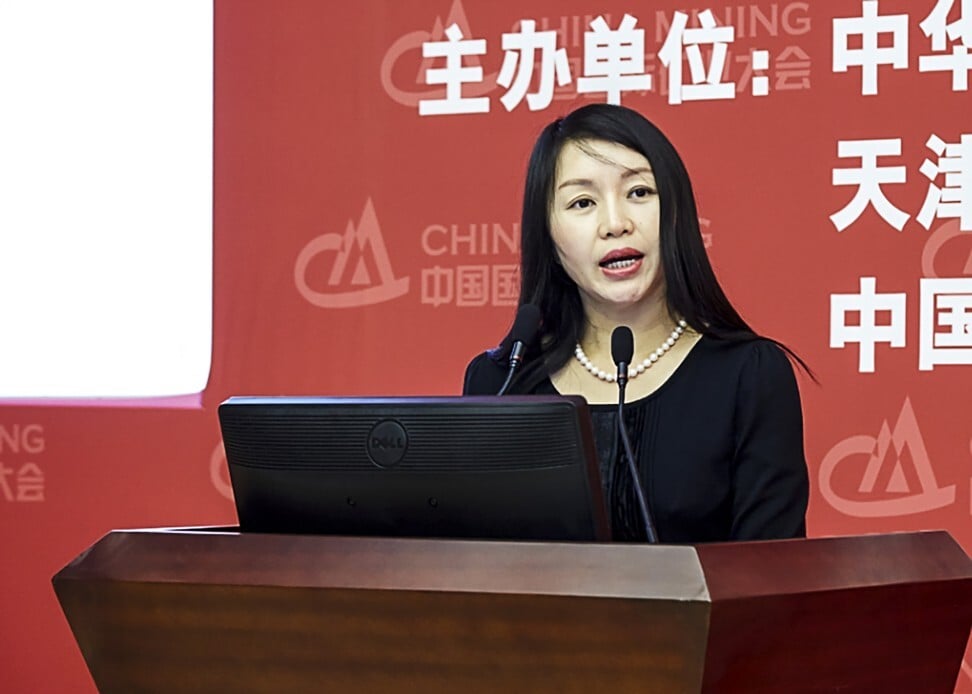
Li Tong, Bank of China International (BOCI)
Li is the first woman to take the helm of the brokerage of China’s oldest bank, taking charge as chief executive in 2012. Born in 1971, Li is the daughter of China’s former propaganda chief and Politburo Standing Committee member Li Changchun.
BOCI was the sole Chinese investment bank to win the 2019 mandate to help Saudi Aramco raise US$25.6 billion, the record holder for the biggest stock sale in global finance. The bank ranked eighth in the amount of IPO proceeds raised last year in Hong Kong.
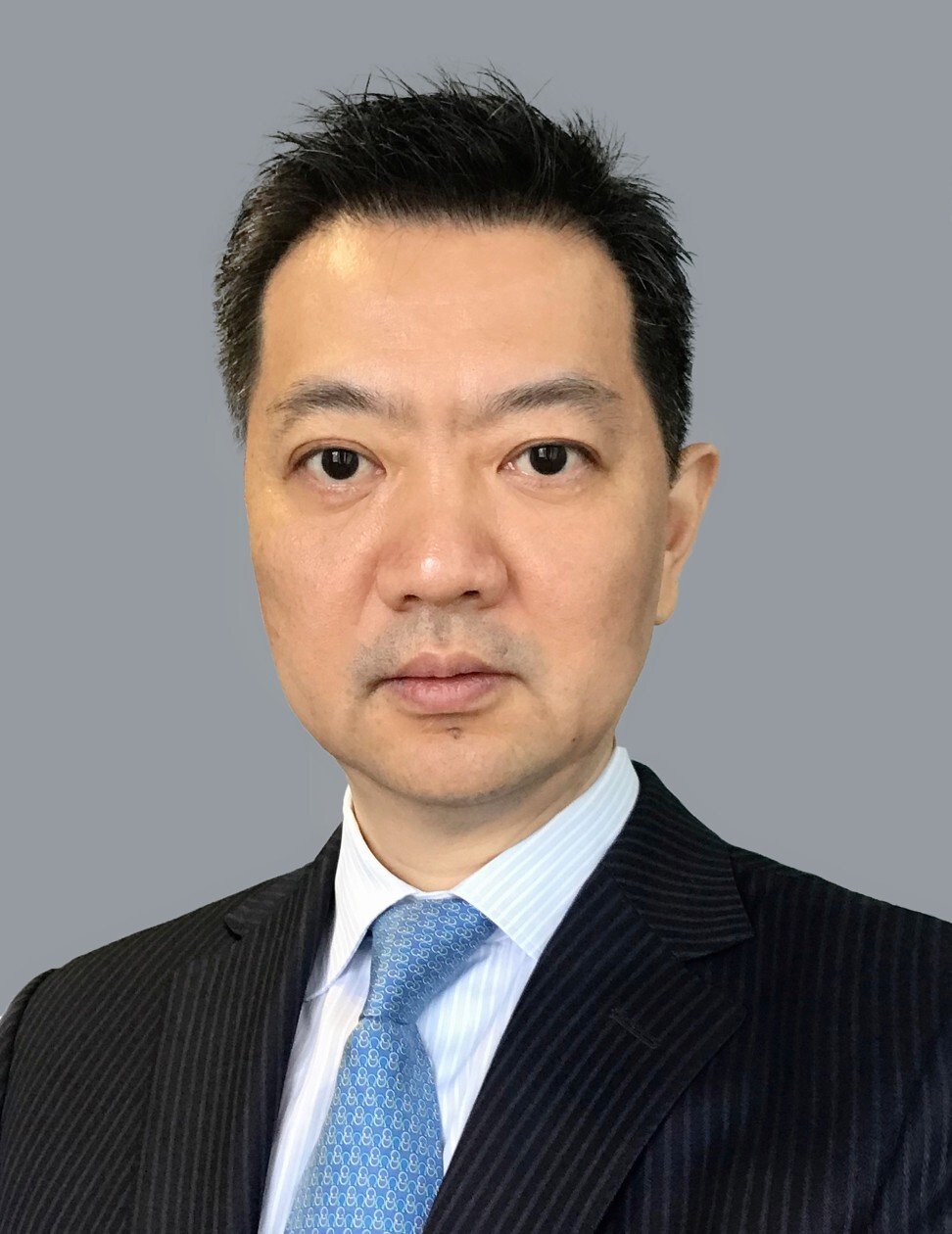
Mark Wang Yunfeng, HSBC
Wang was promoted last March to president of HSBC’s China business. HSBC was the eighth-biggest bank in follow-up offerings in 2020, falling from third place in 2019.
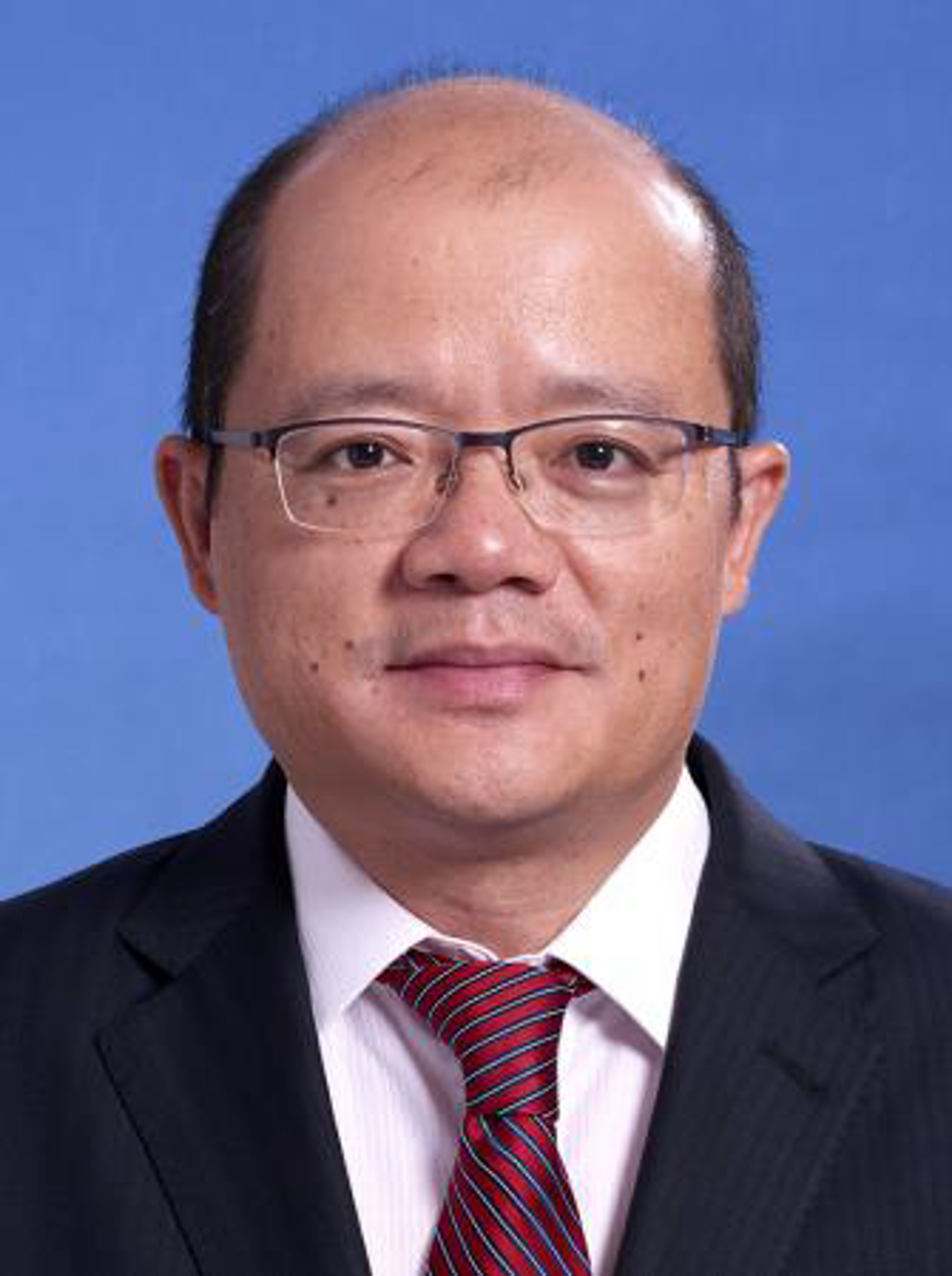
Jiang Guorong, Citi
Jiang, 51, is Citi’s China chairman and head of corporate and investment banking. Born in Nanjing, Jiang graduated in economics from his hometown university before getting a master's degree at Miami University, followed by a doctorate in economics at Cornell. His career began at the International Monetary Fund (IMF) as an economist, followed by jobs at the Hong Kong Monetary Authority (HKMA), the Hong Kong office of the Bank for International Settlements (BIS), CICC and UBS before being hired by Citi. He brought several mega deals to list in Hong Kong, including the IPOs by Yum China and NetEase, lifting Citi to fourth place in Hong Kong’s equity capital market deals last year.
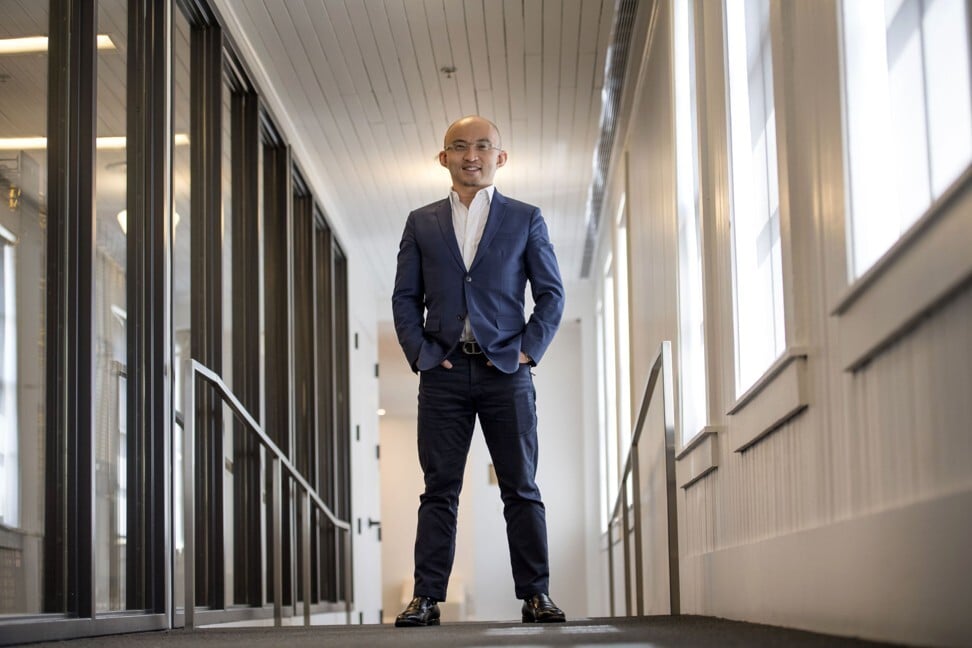
Bao, 50, is chairman and chief executive of China Renaissance, a Chinese investment bank that helped many start-ups and biotechnology firms raise capital. Born in Shanghai, Bao studied at the Norwegian Business School after obtaining his first degree at Fudan University. He worked at Morgan Stanley and Credit Suisse before venturing out to establish China Renaissance in 2005.
The Beijing-based bank made its name by advising, and investing in, a number of high-profile technology deals, including the mergers between Meituan and Dazhong Dianping, between Didi and Kuaidi to form China’s largest ride-hailing company, as well as Meituan-Dianping’s acquisition of the Mobike bicycle-sharing app.

Charles Li Xiaojia, former HKEX chief executive
Li, a former oil rig worker and journalist before turning to finance, was Hong Kong’s highest paid financial regulator when he held the helm of Asia’s second-largest stock market. He was paid HK$51.1 million (US$6.6 million) in 2019 in total remuneration, according to filings by Hong Kong Exchanges & Clearing Limited (HKEX), which are listed in the city.
Hong Kong is the world’s third-largest capital market, with the city’s total capitalisation rising to HK$46.13 trillion (US$5.95 billion) as of December 24, from the time Li took over in 2010. The city had been the world’s biggest destination for IPOs in seven of the past 11 years.
“Amid China’s rapid development, some may look at the nation’s growing wealth relative to Hong Kong’s, and the falling proportion of Hong Kong’s contribution to China’s GDP, as indicators that the city’s glory days are numbered,” Li said in his blog in December before stepping down as chief executive. “However, such a conclusion is at odds when you consider Hong Kong’s unique and significant contributions to the development of China’s financial markets, and the strong likelihood that these will be further enhanced in the years ahead.”

Shan, chairman of Hong Kong-based private equity firm Pacific Alliance Group (PAG), is one of the city’s most powerful wheeler-dealers.

Hu, who turns 58 in June, studied engineering at Tsinghua before turning to economics at Harvard University where he earned a doctorate. Early in his career, the native of Hunan province worked as an economist and consultant at the International Monetary Fund (IMF) and the World Bank, before joining Goldman Sachs in 1997, where he rose to Greater China Chairman by 2008.



